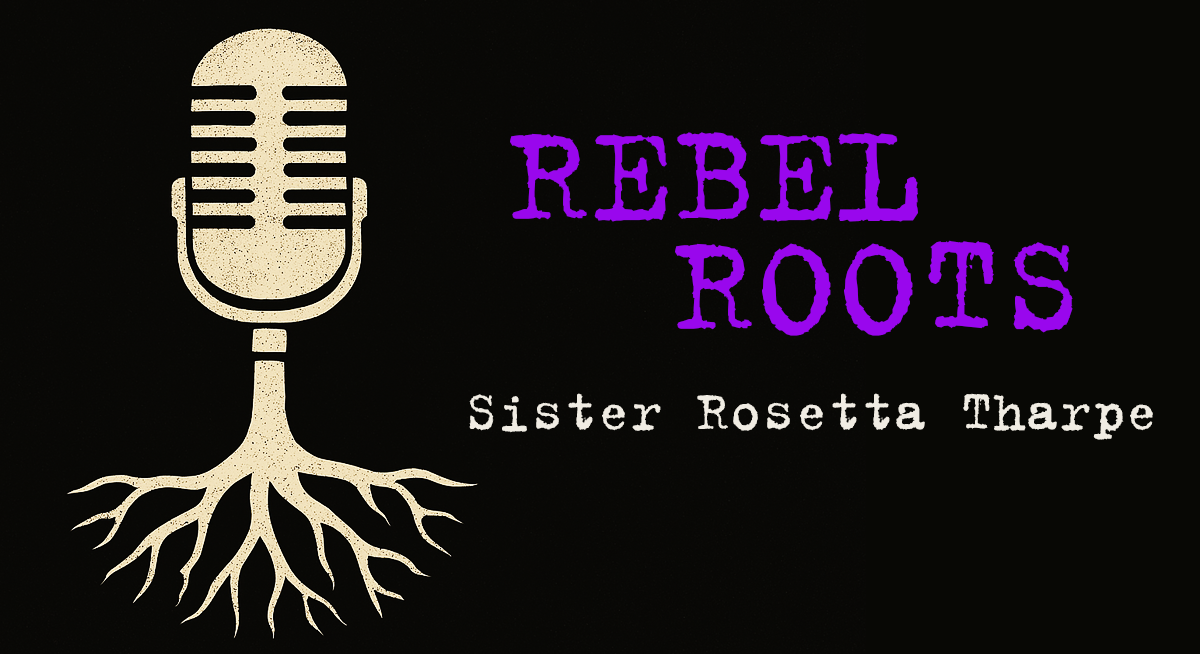In the 1930s and ’40s, Sister Rosetta was already doing what others would later be celebrated for. She blended spirituals with blues and delivered performances that were raw, electric, and impossible to ignore. She brought her church roots to the stage and transformed them into something new. Something powerful enough to lay the groundwork for rock itself.
While the men who followed, like Elvis, Chuck Berry, and Little Richard, built their image on swagger and rhythm, she was already there. Decades earlier. But Rosetta? She did it in heels and a full-length fur coat, a Gibson slung across her body, radiating power and grace.
She was Black, queer, and unapologetically bold in a world that wasn’t ready for it. She sang to God and played to crowds who didn’t know what hit them. In 1944, she recorded “Strange Things Happening Every Day.” A gospel song that became the first of its kind to chart on the R&B lists. She got married in a baseball stadium packed with thousands of fans and turned it into a full-blown concert.
But like so many Black women who built the foundation, her name was pushed to the margins.
While the history books glorified white men with guitars, Rosetta was often left out. She didn’t get inducted into the Rock & Roll Hall of Fame until 2018. And even then, much of the world treated it like a revelation. It should have been a given.
We remember her now not just to set the record straight, but to take it back to the roots. Rock and roll didn’t start in a garage. It started with a woman who plugged in, turned up, and refused to be quiet.
This is Rebel Roots. And it all started with Sister Rosetta Tharpe.

